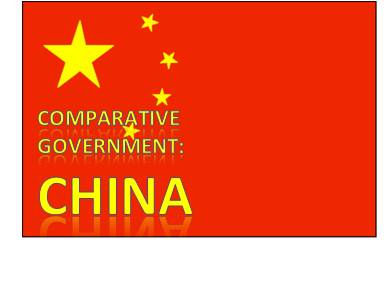Chinese Premier Wen Jiabao (L, front) and Nepali Prime Minister Madhav Kumar Nepal (R, front)
Jim Yardley wrote last week in the New York Times about the shifting foreign relations power structure in Nepal. The article discusses China's growing importance in the world and in South Asia, a region traditionally dominated by India. Nepal is situated between China and India, the two most populous countries in the world. The Himalayas have always been a solid physical barrier between China and Nepal, while the many cultural and economic ties to India have created a historical connection between India and Nepal. However, with the growing presence of China in the global sphere, it is very important for small nations like Nepal to keep good relations with the Chinese government. From the other side, Nepal appeared on China's radar during Tibetan protests erupted in March 2008, just months before the Beijing Olympic Games. While the Chinese government was able to block the international media from the protests in Tibet itself, the Nepali protests attracted much international attention. Ashok Gurung, director of the India China Institute at The New School, says that "the Chinese realized that Nepal is going to be an important site where they could potentially be embarrassed on Tibetan issues." Nepal is an important place in Tibetan issues because it has historically been a tacit transit for Tibetans to cross over to India for pilgrimages or higher education. For India's part, the country is not worried about economic competition so much as the threat of “political agitation on the Nepalese side of their shared border, as well as the possibility that terrorists trained in Pakistan could transit through Nepal."
This is an important illustration of China's growing strength in the world. Not only has China been strengthening ties with Nepal, with which it has the Tibet issue, it has been rapidly signing agreements with even the tiniest of South Asian countries like the Maldives. This signifies China's growing awareness of the importance of preemptively beneficial international treaties. Furthermore, the China-Nepal situation is evidence of China's continued antagonism of their Tibetan population. Tenzin Taklha, the secretary for the Dalai Lama, says that the China-Nepal agreements -- which include the stationing of Nepali armed police officers in isolated regions like Mustang and Manang on the border with Tibet and more security and vigilance on both sides of the border -- makes things "more difficult for Tibetans."
Grade This Post








No comments:
Post a Comment